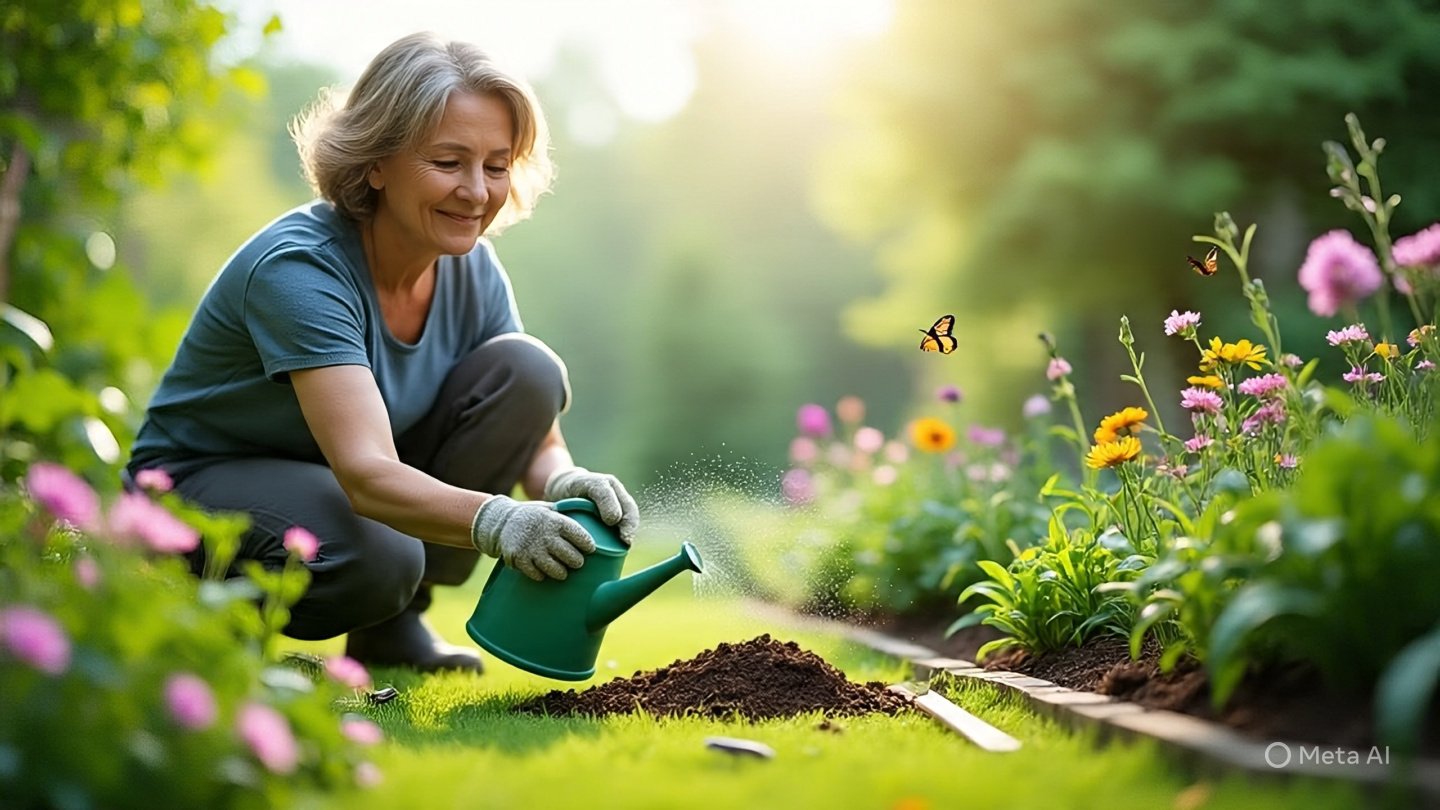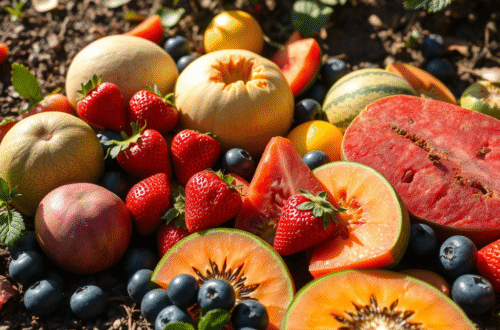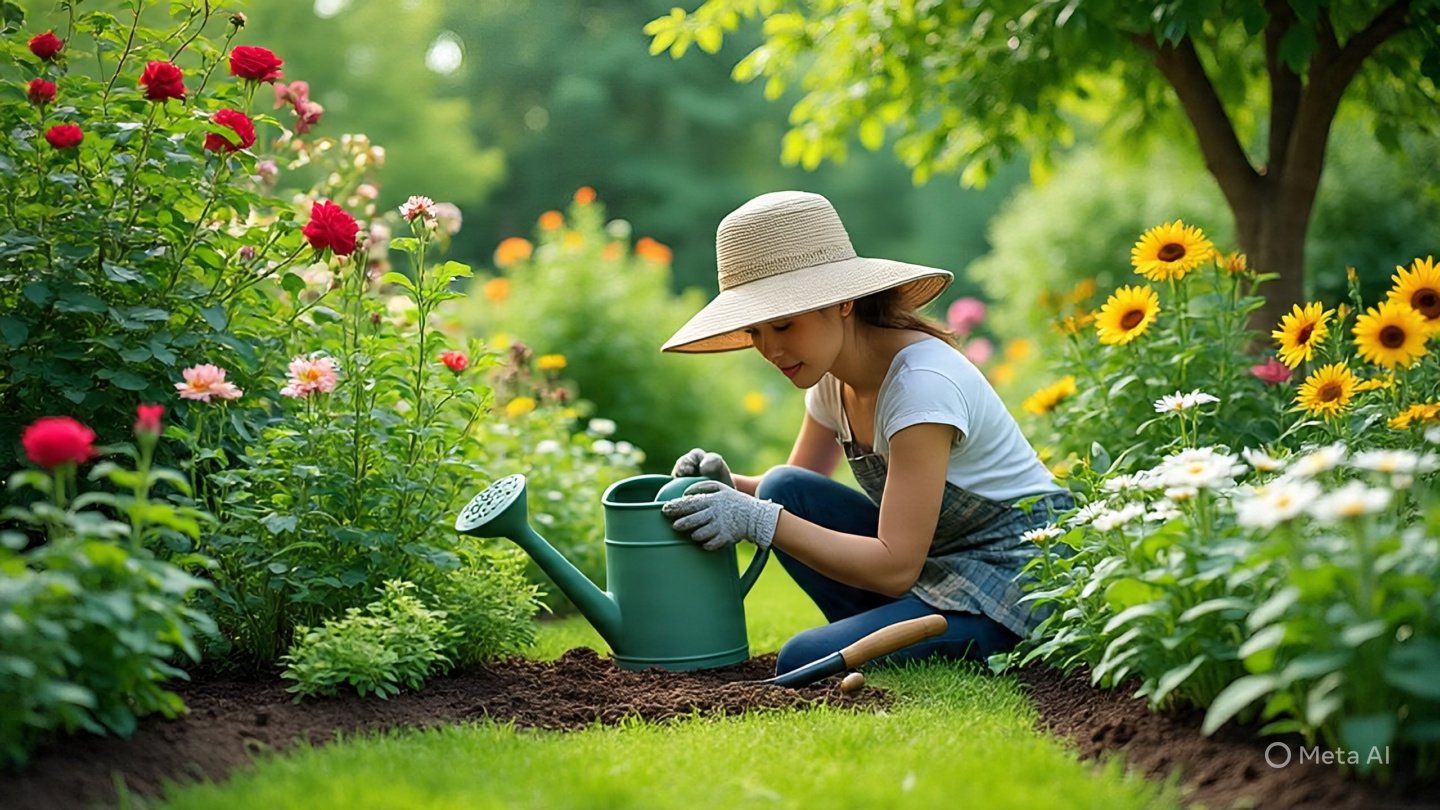🌿 Is Ash Good for Gardens? [Expert Gardening Guide]
Yes, wood ash can be beneficial for gardens when used correctly. It adds potassium, calcium, and other trace minerals to the soil. However, ash should be used sparingly and only on acidic or neutral soils — avoid using ash around acid-loving plants or in high-pH soils.
🔥 What Is Wood Ash?
Wood ash is the powdery gray residue left after burning untreated hardwood. It’s alkaline in nature and contains essential plant nutrients like:
- Potassium (K) – for strong roots and flowering
- Calcium (Ca) – improves cell wall strength
- Magnesium (Mg) – key for photosynthesis
- Phosphorus (P) – supports bloom and fruiting
🌱 Benefits of Using Ash in the Garden
Used wisely, ash improves soil and supports healthy plant growth. Here are the top benefits:
- Raises Soil pH – Neutralizes acidic soil (great for veggie gardens)
- Adds Nutrients – Boosts potassium and calcium levels
- Repels Pests – Acts as a barrier against slugs and snails
- Improves Compost – A handful in your compost bin balances acidity
🚫 When Not to Use Wood Ash
Avoid using ash if:
🔥 Our Trending Gardening Picks
- The Ultimate Guide to Gardening Radishes: Tips and Tricks for a Thriving Garden
- The Ultimate Guide to gardening raised beds vegetable Growth
- The Essential Do and Don’ts of Gardening: A Comprehensive Guide
- What is the most common mistake of first time gardeners ?
- Understanding Gardening Snakes: Nature’s Reptilian Allies
- Your soil is already alkaline (pH above 7.5)
- You’re growing acid-loving plants like blueberries, azaleas, rhododendrons
- You’re applying it near new seedlings (ash can burn tender roots)
- The ash contains charcoal briquettes, paint, or chemicals
🌼 How to Use Ash in Your Garden (Safely)
- Test your soil pH first using a kit
- Use no more than 20 lbs per 1,000 sq. ft. per year
- Sprinkle lightly and rake into soil — don’t leave clumps
- Wear gloves and a mask when handling dry ash
- Store unused ash in a dry, covered container
🌸 Best Plants for Wood Ash
Wood ash works well for:
- Tomatoes 🍅
- Garlic 🧄
- Carrots 🥕
- Broccoli 🥦
- Roses 🌹
- Fruit trees 🍎
🧪 Does Ash Affect Soil pH?
Yes. Wood ash is alkaline and raises soil pH. Always test your soil before applying ash to avoid over-liming, which can lock out essential nutrients.
📊 Quick Reference Table
| Factor | Wood Ash Effect |
|---|---|
| Soil pH | Raises (alkaline) |
| Best Plants | Tomatoes, garlic, carrots, broccoli |
| Worst Plants | Blueberries, rhododendrons, azaleas |
| Fertilizer Value | High in potassium & calcium |
| Application Rate | 20 lbs per 1,000 sq. ft. max/year |
📢
Question: Is ash good for gardens?
Answer: Yes, wood ash is good for gardens with acidic soil. It adds nutrients like potassium and calcium, raises soil pH, and helps repel pests. Use it in moderation and avoid applying it to acid-loving plants.
🧠 FAQs – People Also Ask
- Q: Is fireplace ash good for gardens?
A: Yes, as long as it comes from untreated hardwood and is used sparingly. - Q: Can you mix ash into compost?
A: Yes. Add small amounts to balance acidity, but avoid overuse. - Q: Is charcoal ash safe for plants?
A: No. Avoid ash from charcoal briquettes or treated wood. - Q: How often can I use ash in my garden?
A: Apply once or twice per year depending on your soil pH test results.
✅ Final Thoughts
Wood ash is a powerful soil amendment — if used wisely. Always test your soil, avoid overuse, and apply it only to plants that thrive in alkaline or neutral conditions. When in doubt, compost a small amount first.
🔗 Related Articles
- How to Test Your Garden Soil pH
- Organic Fertilizers: A Beginner’s Guide
- What Not to Put in Your Compost Bin
Discover more from Ecorganicas
Subscribe to get the latest posts sent to your email.




